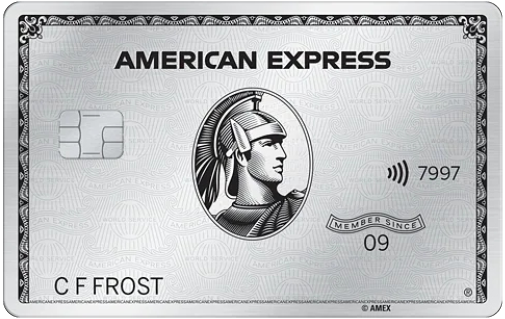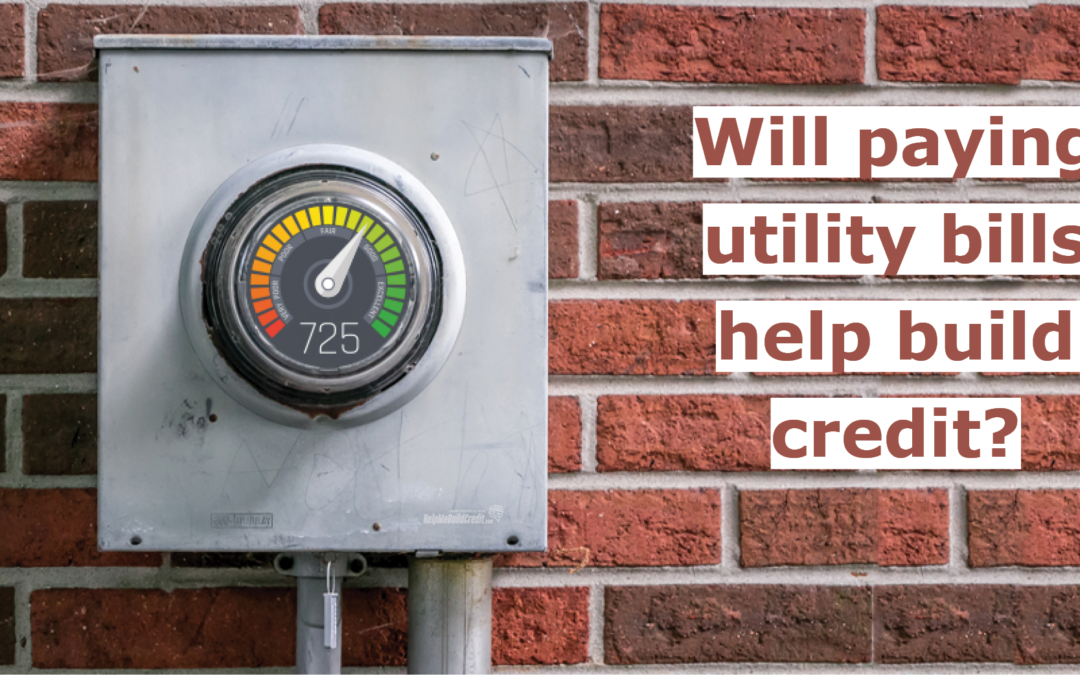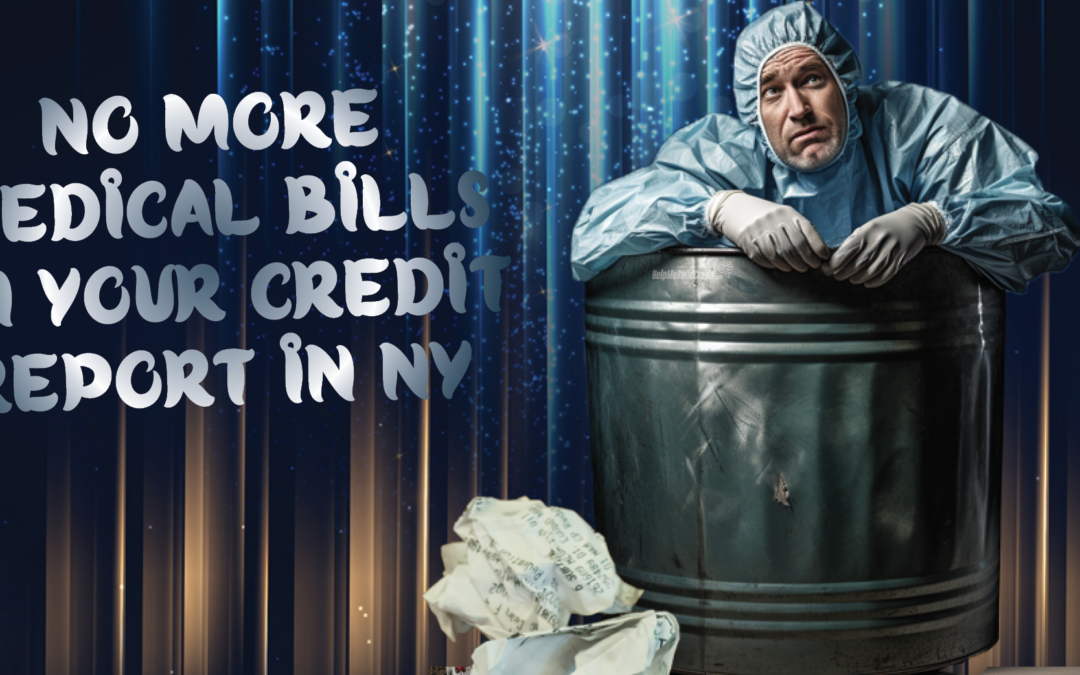There are lots of reasons why someone could be in a financial mess, that has put their credit score out of order. Some reasons may be happy ones like a wedding, or some may be unfortunate ones like a sick spouse, etc.
But let’s put all excuses aside. The time has come to rebuild your credit score.
In this post, we will go through a detailed plan for how you can work to rebuild your credit scores after your scores went sour.
Step number 1: Assess the situation
The first step would be for you to get a copy of your credit reports and assess the situation.
What you will be looking for is:
- How many accounts are in charge-off status?
- Which accounts are late on payments, but not a full 90 days late (or more)?
- Which accounts are open, in good standing, with no late payments?
Create a chart for yourself, so you can easily see the situation with your accounts.
It should look something like this:
| 1 | 2 | 3 | 4 | 5 | 6 | |
| Accounts in charge- off status | ||||||
| Accounts late, but not 90 days or more (past due date) | ||||||
| Accounts with no late payments |
Step number 2: Save that which can still be saved
Once you have a clear picture of what’s going on, it’s time to take action and immediately work on saving that which can still be saved.
But take note that an account that is 90 days late (or more), can no longer be saved- as far as your credit score. The damage is already done! It won’t help you to pay now. Late is late!
At this point, you would rather do a settlement for pennies to the dollar. Paying in full once the account is 90 days late (or more) will not help you in any way (again, as far as your credit score).
The only time which you may want to save an account that is 90 days late or more is one of the following scenarios;
- If that 90-day late account is your oldest credit card and the history on that card is much older than your other cards. In this case, you may have a benefit of saving this account from being shut down which will cause you to lose the benfits of the credit history.
- If your able to work out a payment plan with the bank that will re-age the account and remove the late marks from your credit report.
Accounts that are less than 90 days late, or accounts that have no late payments, can still be saved and I say that it’s very important for you to try to save them. It definitely will take time for your credit to rebuild, and no changes will happen overnight. But in the long run, your credit will rebuild much faster if you’re left with a few positive old accounts rather than all your accounts being on a charge-off status.
Plus, each additional account that is in a charge-off status, will delay you from rebuilding your credit even longer. I would definitely advise you to try to save the accounts that can still be saved.
Step number 3: Additional action
In order for you to properly rebuild your credit score, it is crucial for you to have a nice amount of positive accounts where you’re making payments, on time, every month. This will prove that the worst is over and you’re currently back to being a “good boy” by paying your bills on time. Establishing positive accounts or tradelines with on-time payments, will help you rebuild your credit much faster than someone that just walks away without proving himself as creditworthy.
I would advise you to make sure you have a minimum of 5 accounts where payments are made on time each month. If you’re left with 5 open accounts that have no late payments (of 90 days or more) then you should focus on these five accounts to make sure they stay positive. If you have less than 5 open good-standing accounts then you should immediately apply for new credit cards.
Getting approved for new credit cards
Unfortunately, due to your low credit score, most standard credit cards will not approve you. Therefore, you will need to apply for secured credit cards.
For more info on everything you need to know about secured credit cards, and for a list of a couple of good options, read this post.
Card issuers that offer card, even if you have bad credit
There are some credit card issuers that offer credit cards for consumers with bad credit. I would advise you to stay away from these cards as these banks -let’s say it in a nice way- suck! I’ve seen it way too many times how people end up getting aggravated about the insane fees charged every second day. These issuers have very nasty customer service and most end up closing the card (someone just reached out to me this past Friday complaining about complications with autopay on one of these subprime credit cards and would want to close the card). Remember we spoke about rebuilding positive credit history? If you end up closing the card, you will lose all the new, positive credit history that you worked so hard on building!

















0 Comments